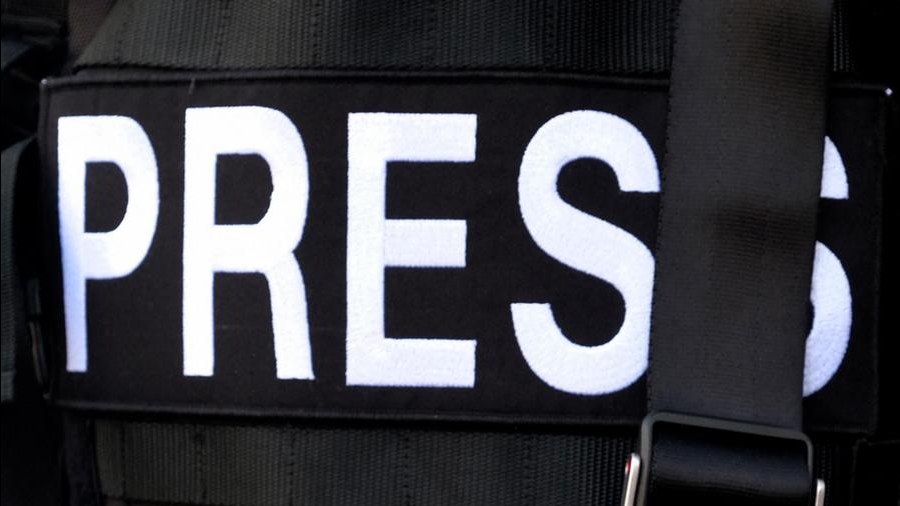On June 13, 1857, when the British government was facing the Indian Uprising at its height, an Act was passed to regulate printing presses.
Popularly known as the “Gagging Act”, it was primarily meant to control publications from printing and circulating news and views that could go against the British further. Several newspapers and journals, including a substantial part of the Indian language press, were voicing strident criticism of the government then.
Hindoo Patriot was one major example. The new Act would require licences for maintaining printing presses and stopped publication of matter that was deemed as encouraging ill-feeling towards the British.
The Act was abolished a year later, but not the government’s tendencies to mute free press. The dreaded Vernacular Press Act would be passed in 1878.
